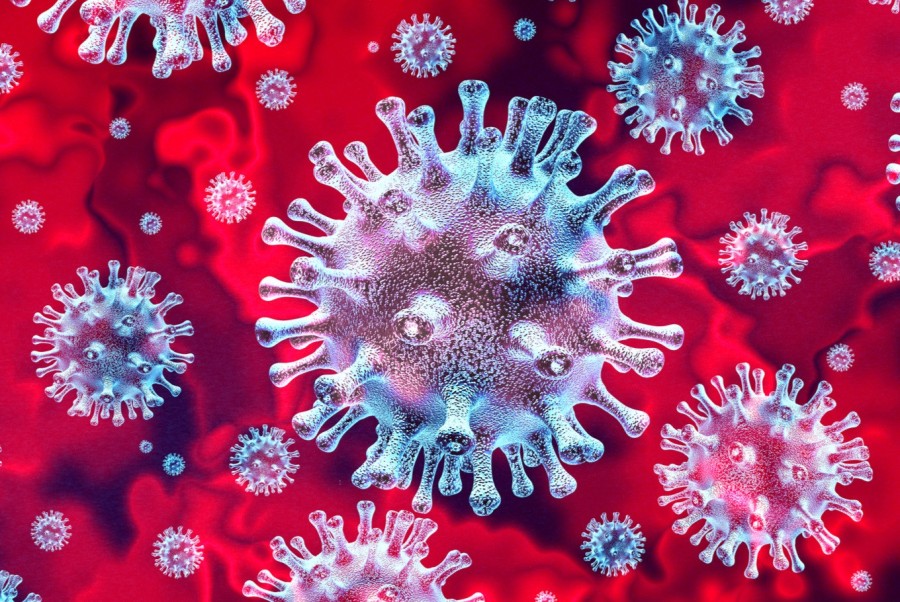The sudden spike in Coronavirus infections around the world in the past one month or so has caused several socio-economic disruptions in many nations. As health officials in those nations struggled to explain the pertinent reason (s) behind the unexpected surge in COVID-19 hospitalizations, their findings indicated that these new infections are caused by some virulent variants in the Coronavirus Family.
Variants of Concern
The World Health Organization (WHO) categorized some Coronavirus variants as those of utmost concern, because of their fast rate of infection and the possibility of leading to higher rate of hospitalization. These variants include:
- Alpha variant (B.1.1.7): This variant was first identified in the United Kingdom. It has up to 50% increased transmission capability. It produces minimal impact on neutralization by convalescent and post-vaccination sera. And it apparently has no impact on susceptibility to EUA monoclonal antibody treatments.
- Beta variant (B.1.351): This was first identified in South Africa. Even though it can cause up to 50% increased transmission, it is dramatically neutralized by convalescent and post-vaccination sera. It also significantly reduces susceptibility to the combination of bamlanivimab and etesevimab monoclonal antibody, but other EUA monoclonal antibody can be used to treat the infections caused by Beta variant.
- Delta variant (B.1.617.2): This variant was first identified in India. It has the capability to cause increased transmission or infection within a short period of time. It can be potentially reduced in neutralization by post-vaccination. And it can be potentially reduced in neutralization by some EUA monoclonal antibody treatments.
- Gamma variant (P.1): This was first identified in Japan and Brazil. It is not as virulent as the other three variants discussed above. It significantly reduces susceptibility to the combination of bamlanivimab and etesevimab monoclonal antibody, but other EUA monoclonal antibody can be used to treat the infections caused by Gamma variant. It potentially reduces neutralization by convalescent and post-vaccination sera.
How Is This Information About The Coronavirus Variants Useful?
Depending on where you are living and which variant is predominant there, you would be able to know which approach to take to keep yourself safe during this COVID-19 Pandemic. More so, you would be able to know if your body has good immunity to wade off the coronavirus by considering the following terminologies:
- Convalescent serum–this is the blood serum that is collected from someone who has recovered from an infectious disease and contain antibodies that can be used to fight the infectious agent of the diseases, in this case, the Coronavirus.
- Post-vaccination serum–this the blood serum after someone has been vaccinated against the Coronavirus.
- The combination of bamlanivimab and etesevimab, which are monoclonal antibodies, is being used to treat COVID-19.
Prevention Is Better Than Cure
In the meantime, it is advisable that you continue to take serious precautions to protect yourself and your loved ones:
Stay safe!

